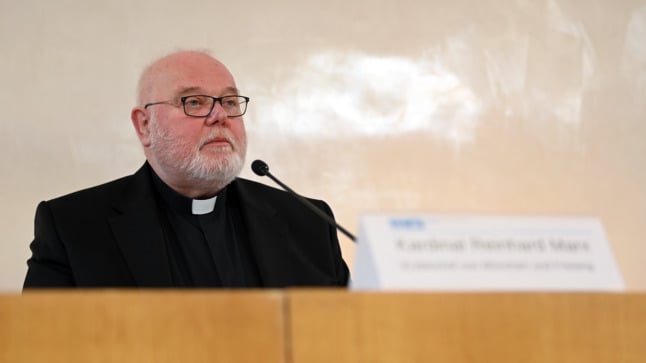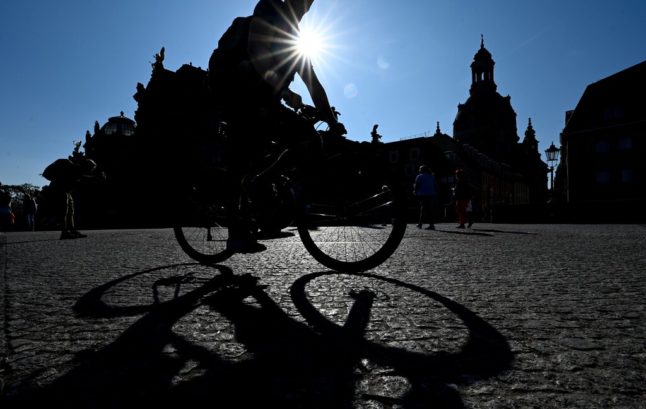“For many priests, it would be better if they were married,” the influential archbishop of Munich and Freising told the Sueddeutsche Zeitung newspaper.
His comments came after a damning independent report last month found 497 victims of sexually abusive behaviour by 235 people – including 173 priests – in the Munich and Freising archdiocese between 1945 and 2019.
The report by law firm Westpfahl Spilker Wastl found that former Munich and Freising archbishop, ex-pope Benedict XVI, failed to take action to stop four priests accused of child sex abuse in Munich in the 1980s, before he became pontiff.
READ ALSO: German prosecutors examine 42 cases after church abuse probe
It also accused current archbishop Marx of failing to act in two cases of suspected abuse.
After the report was released, Marx said he was “shocked and ashamed” by the findings.
On Wednesday, Marx said he wondered if celibacy “should be a basic requirement for every priest”.
“I think that things as they are cannot continue like this,” he added.
“I always say this to young priests: living alone is not so easy.
“And if some say: without the obligation of celibacy, they will all get married! My answer is: so what! If they all marry, it would at least be a sign that things are not currently working.”
The unusually forthright comments on the subject came on the eve of a new assembly of the German synod, which is expected to move towards modernising the institution by 2023.
It is expected to look at several subjects viewed with suspicion by conservatives and the Vatican, such as allowing priests to marry and a greater role for women.
Last year Marx offered Pope Francis his resignation over the church’s “institutional and systemic failure” in its handling of child sex abuse scandals.
However Pope Francis rejected his offer, urging the cardinal known for his reforms to stay and help shape change in the church.
Four years ago a report found that at least 3,677 children had been sexually abused in the Catholic Church in Germany since 1946.
But its authors, who did not have access to the church’s files, estimated that the true number was far higher.




 Please whitelist us to continue reading.
Please whitelist us to continue reading.
Member comments